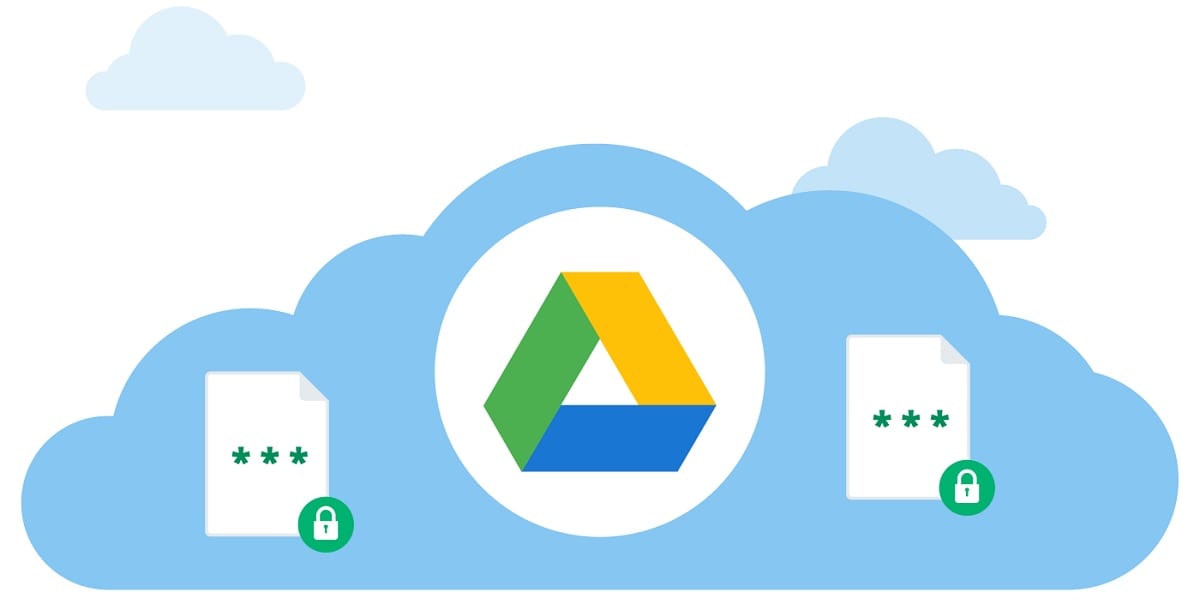
The recycle bin is one of the great and best inventions of computing, a recycle bin that is also available cloud service in addition to desktop operating systems. The recycle bin allows us to recover files that we have deleted for a maximum period of 30 days unless we empty it manually.
In the case of Google Drive, every time we delete a file, it becomes part of the Trash from our account, occupying a space that we can use to store other content. But it will not be like that forever, since as of October 13, its operation will change.
Google has announced that as of October 13, all content that is sent to the trash of our Google Drive account, will be automatically deleted after 30 days, the same time that both Windows and macOS have set by default. As we can read on the Google blog:
The above behavior caused items in the trash to be "kept indefinitely" until permanently deleted by the user. So while hiding it kept counting towards the storage plan / limit.
So that all users are aware of the new operation of the Google Drive trash, the company has included a in-app notification so that users do not get any unpleasant surprises during its use.
The operation of the trash is the same regardless of which device we use, so if we send a file to the trash from our smartphone or via the web through a browser, it will be available for 30 days to recover. After those 30 days, the file will be automatically deleted and cannot be recovered again unless we keep a backup copy.
